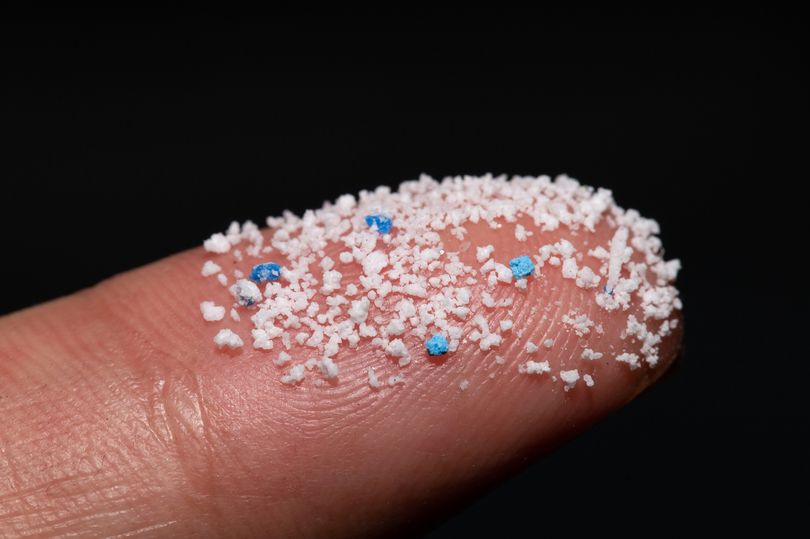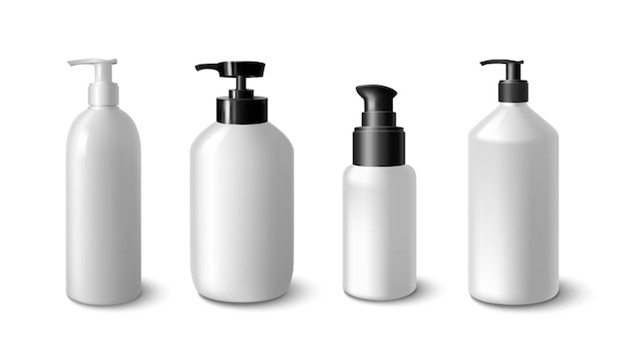
Microplastics used to make paint and food packaging have been discovered in human veins. New research indicates the tiny plastic particles can travel through blood vessels into vascular tissue - but scientists say it is unclear whether the finding has any health implications.
A team from the University of Hull and Hull York Medical School, with researchers from the Hull University Teaching Hospitals NHS Trust, analysed human saphenous vein tissue taken from patients undergoing heart bypass surgery in a small pilot study. They found 15 microplastic particles per gram of vein tissue and five different polymer types in the tissue.
The most prominent included alkyd resin – found in synthetic paint, varnishes and enamels; polyvinyl acetate (PVAC) – an adhesive found in food packaging and nylon; and EVOH and EVA – used in flexible packaging materials.
Professor Jeanette Rotchell, an environmental toxicologist at the University of Hull, said: “We were surprised to find them. We already know microplastics are in blood, from a study by Dutch colleagues last year.
“But it was not clear whether they could cross blood vessels into vascular tissue and this work would suggest they can do just that. Whilst we don’t yet know the implications of this on human health, what we can say is that from studies using cells grown in dishes, they cause inflammation and stress responses.”
The study, published in journal Plos One, showed the levels of microplastics observed were similar to, or higher than, those reported for colon and lung tissues.
Saphenous veins are blood vessels in the legs which help send blood from the legs and feet back up to the heart. The veins consist of three layers of tissue and are widely used in coronary artery bypass graft (CABG) procedures.
Around 40-50% of CABG procedures ultimately fail after 10 years due to a variety of factors, which are not always clear. Until now, no studies have examined whether microplastics can infiltrate or cross any biological barrier, including blood vessels, or examined any potential link between environmental microplastic exposure and CABG outcomes.
Professor Rotchell said: “The characterisation of types and levels of microplastics can now inform experiments to determine vascular health impacts, including any potential link between environmental microplastic exposure and CABG outcomes.”
Professor Mahmoud Loubani, a co-author and Honorary Professor of Cardiothoracic Surgery, said: “Failure of saphenous vein grafts has been a long-standing issue following coronary artery bypass surgery. It is an effective treatment but the longevity is limited by deterioration in the patency of the veins.
“The presence of these microplastics in the veins may well play a role in damaging the inside of the vein leading to it becoming blocked with the passage of time. We do need to identify if there is any correlation and figure out ways of maybe removing the microplastics.”







